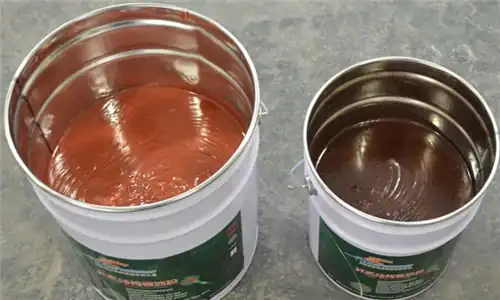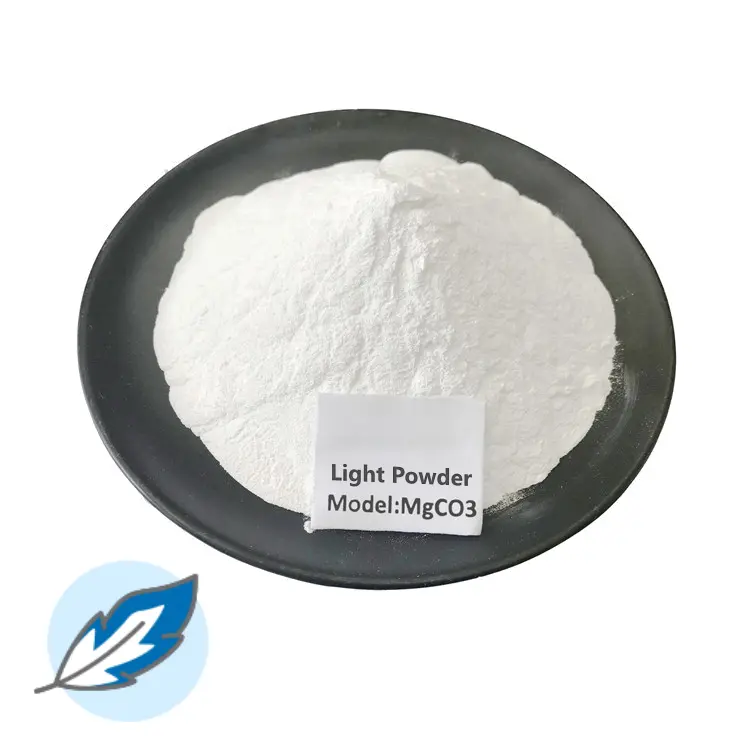Viscosity
Spherical Magnesium Carbonate: Due to its rounded shape, spherical magnesium carbonate disperses well in epoxy resins, resulting in lower viscosity.
Flaky Magnesium Carbonate: Flaky Magnesium Carbonate has a high specific surface area, which makes it easier to interact with epoxy resin molecules, leading to an increase in viscosity.
Needle-shaped magnesium carbonate: Needle-shaped magnesium carbonate has a high aspect ratio, easy to form a chain structure, resulting in a significant increase in the viscosity of epoxy resin.
In general, the addition of spherical magnesium carbonate decreases viscosity, while the addition of flake and needle magnesium carbonate increases viscosity.

Curing Time
Spherical Magnesium Carbonate: Spherical Magnesium Carbonate has a minimal effect on cure time because it does not significantly interfere with the reaction between the epoxy resin and the curing agent.
Flaky Magnesium Carbonate: Flaky Magnesium Carbonate delays curing because it prevents curing agent molecules from reaching the epoxy resin chain.
Needle-shaped magnesium carbonate: Needle-shaped magnesium carbonate significantly prolongs the curing time because it forms stabilizing complexes with the curing agent molecules, preventing them from reacting with the epoxy resin.
Therefore, the choice of magnesium carbonate profile is critical to controlling epoxy viscosity and cure time. For applications requiring low viscosity and fast cure, spherical magnesium carbonate is an ideal choice. For applications requiring higher viscosities and delayed curing, flake or needle magnesium carbonate can be used.

